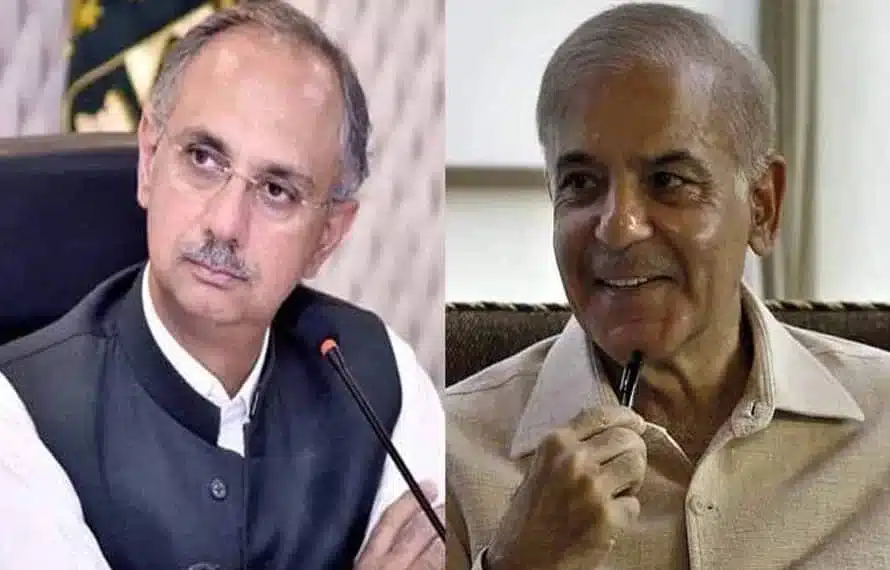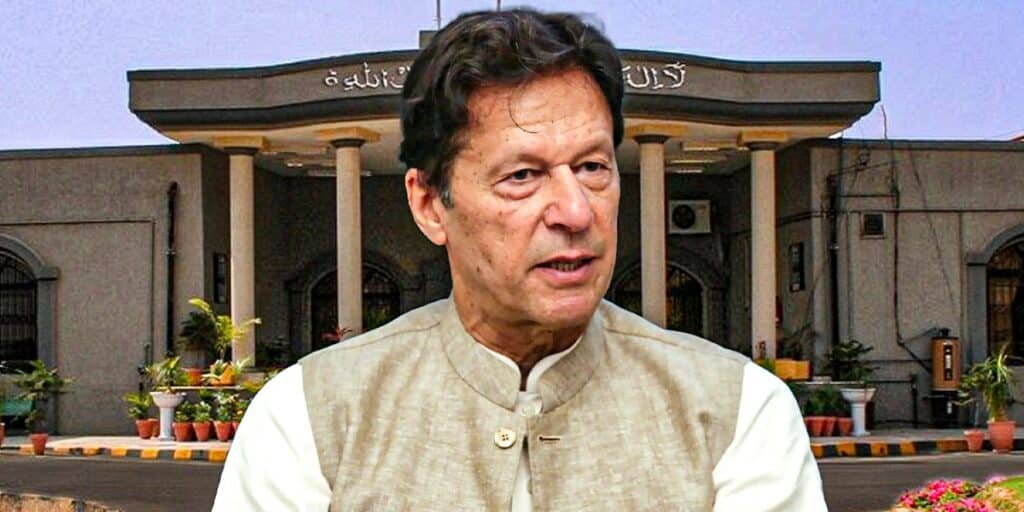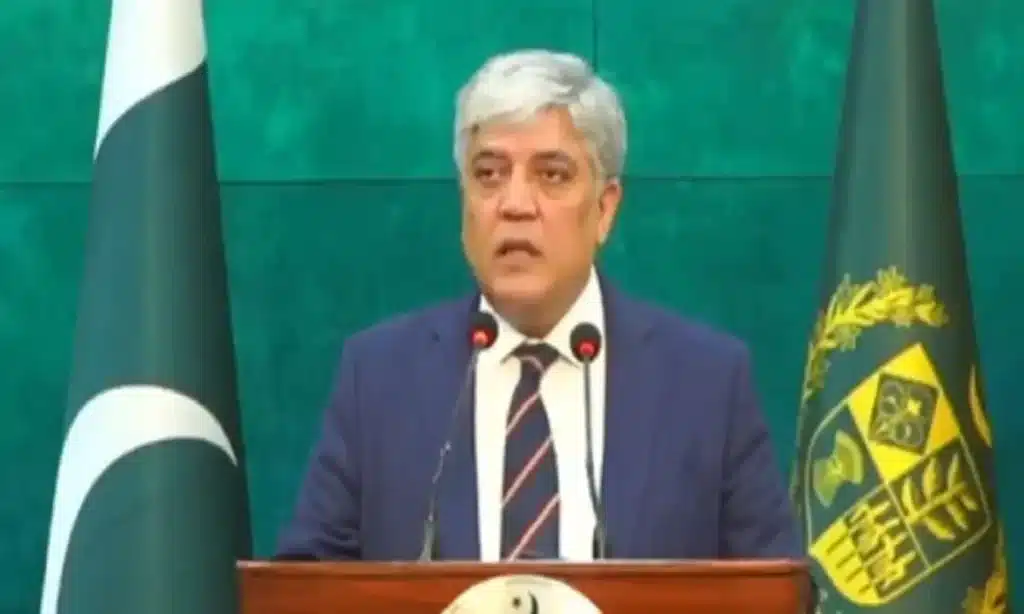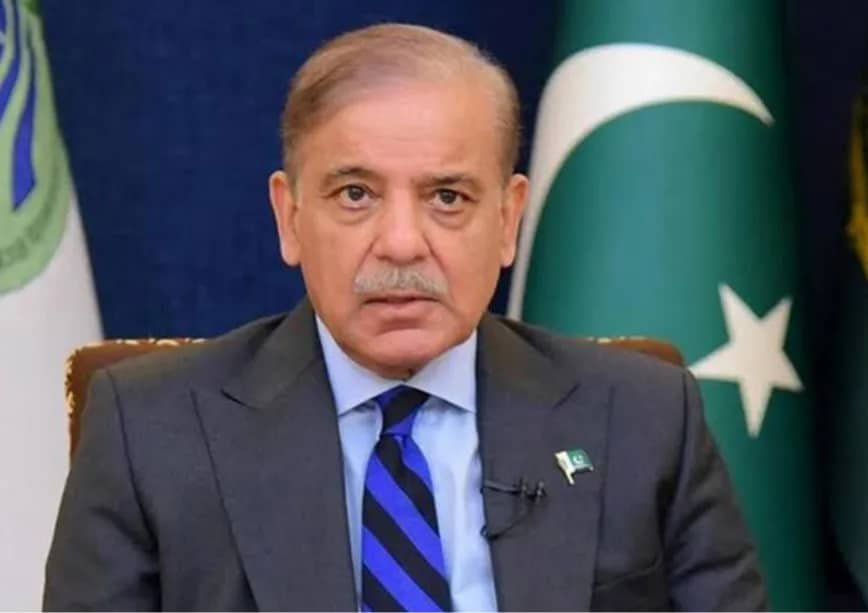After the term of the Chief Election Commissioner (CEC) and two members of the Election Commission of Pakistan concluded, the government has begun consultations to appoint these significant positions. Prime Minister Shehbaz Sharif has invited Opposition Leader Omar Ayub Khan for a meeting.
In a formal letter to the Opposition Leader, the Prime Minister noted that the terms of the Chief Election Commissioner and two members from Sindh and Balochistan expired on January 26, 2025. Therefore, consultations are necessary to make new appointments, as required by the constitution. The letter emphasises that names from both sides should be submitted to the parliamentary committee for the appointment, and a direct meeting with the Opposition Leader is essential for this purpose.
The Prime Minister stated in his letter, “I invite you to a meeting to discuss the appointment of the Chief Election Commissioner and members, so we can move forward with the consultation process as mandated by the constitution.”
It is worth noting that Chief Election Commissioner Sikandar Sultan Raja completed his five-year term on January 26, 2025. He took the oath of office on January 27, 2020, and the notification of his appointment was issued on January 24, 2020. Alongside him, members Nisar Durrani from Sindh and Shah Muhammad Jatoi from Balochistan also retired on the same day.
According to the 26th Amendment to the Constitution, Sikandar Sultan Raja will continue to serve as acting Chief Election Commissioner until a new Chief Election Commissioner is appointed.
According to the constitution, the Prime Minister and the Opposition Leader must agree on three names for the Chief Election Commissioner and members after consultations, which are then submitted to the President. If they cannot reach an agreement, each party sends three proposed names to a parliamentary committee.
The parliamentary committee is formed by the Speaker of the National Assembly and includes equal representation from the government and the opposition. If the committee fails to conclude, the matter can ultimately be referred to the Supreme Court.
Read also: ECP Cheif authorises disbursement millions of rupees for employees Honorariums





